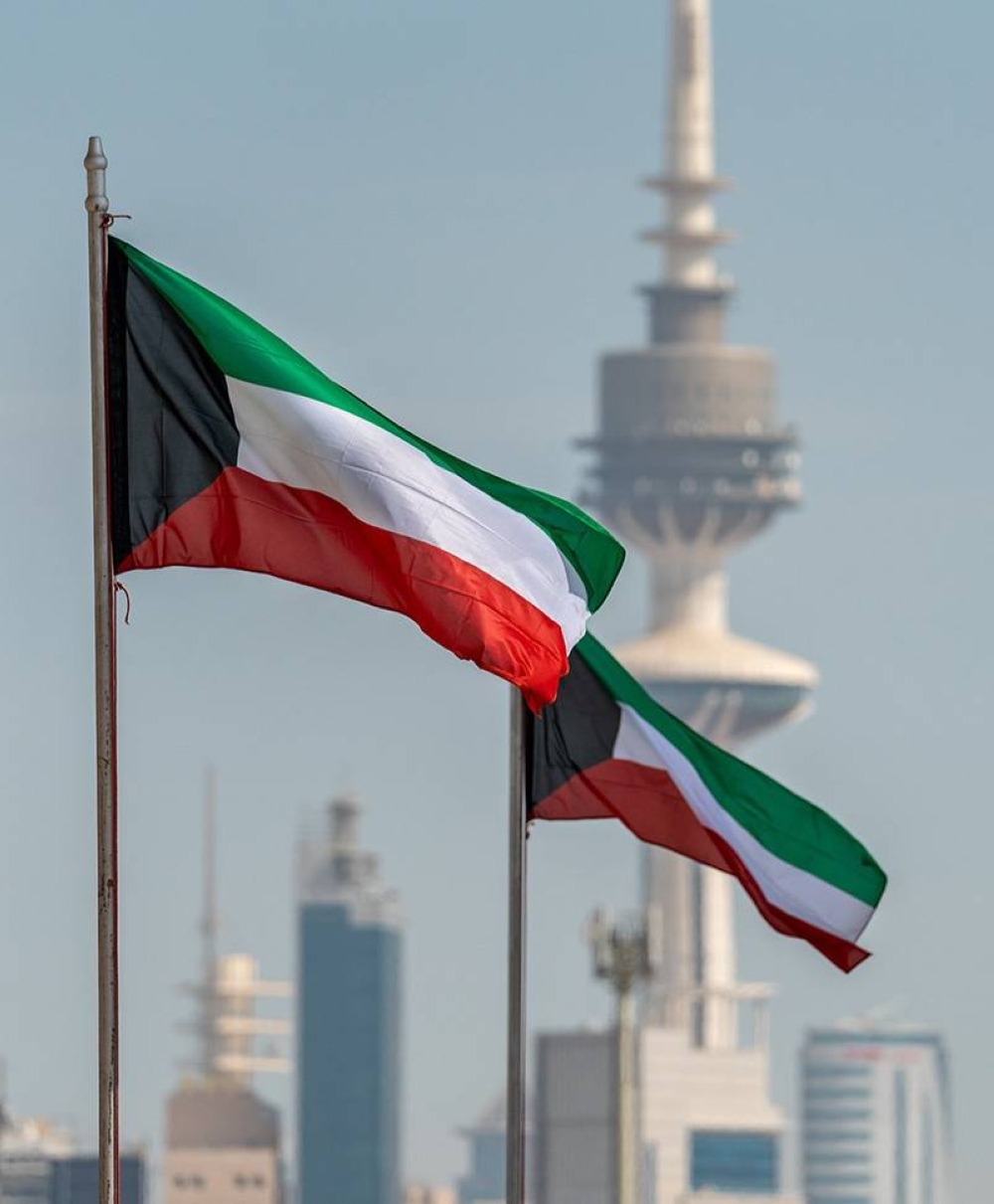The National Day of Kuwait is annually observed on Feb 25. This holiday commemorates Sheikh Abdullah Al-Salim Al-Sabah's accession to power in Kuwait in 1950. Al-Sabah was an outstanding leader. In 1961, he signed a treaty securing Kuwait's independence from Britain, bringing an end to the country's status as a British protectorate.
The origins of Kuwait's National Day can be traced back to Sheikh Abdullah Al-Salim Al-Sabah's accession to power in 1950.
The State of Kuwait witnessed developmental progress in all fields to catch up with countries aspiring to build an honourable present and a bright future, and it contributed to playing a pivotal role in the regional and international files that it undertook, and it also became the focus of the world's attention in humanitarian aid.
Since its independence, the State of Kuwait has sought to pursue a balanced foreign policy, taking openness and communication as a way, believing in friendship and peace as a principle, and in human development and economic prosperity for its people as a goal, within the framework of cooperation and coordination with regional and international organizations and supporting their efforts, aspirations and goals.
Since the declaration of independence, Kuwait has gone through stages of development through which it sought to achieve the highest ranks among the ranks of developed countries, and pursued ambitious development plans in order to complete the process of building a modern state at all levels. Sheikh Nawaf Al-Ahmad Al-Jaber Al-Sabah, Amir of the State of Kuwait, follows the footsteps of his predecessors, through his keenness on the unity of the Gulf ranks.
Kuwait is preparing to enter a new economic phase after its official institutions approved its first development plan, which includes huge projects that will be completed in the coming years.
The projects included in the plan vary, including what concerns oil, gas, electricity, water, and infrastructure such as airports and ports, housing, health, education, and social welfare. It has also made progress in improving its commercial environment in recent years, as a result of many successive steps taken by the state.
Kuwait has a strong economy that is capable of facing and repelling any economic and financial crises, and this is proven by indicators, reports and international credit ratings for Kuwait and its economy.
The global credit rating agency Standard & Poor's recently stated that Kuwait's sovereign credit rating is at rank A.A with a stable outlook, and it also possesses strong financial buffers, which enabled it to stand in the face of crises, as it owns the fourth largest sovereign fund in the world with total assets of 592 billion dollars, according to data from the Sovereign Wealth Fund Institute.
Kuwait also maintains large financial and gold reserves, which have strengthened the Kuwaiti economy and enabled it to remain strong in the face of crises.
The State of Kuwait is among the leading countries in the Arab Gulf region in many vital and important fields such as education, health, culture and public services. The State of Kuwait has a good reputation for caring for its citizens. In the field of health care, the Kuwaiti government provides free care to all citizens, including access to basic medical care and necessary treatment in government hospitals and clinics.
Kuwait also includes a group of the best schools and universities in the region, and the government provides free education for all citizens, from kindergarten to university level, and the Kuwaiti government provides adequate and affordable housing for all citizens through government housing programs, in order to improve the standard of living and well-being of citizens.
The Kuwaiti government is keen to provide public services and social facilities, such as parks, mosques, theaters, and sports centers, to improve the quality of life and well-being of citizens. It also seeks to promote women's rights, and provides them with job, educational, and political life opportunities.
The Ministry of Commerce and Industry succeeded in overcoming many obstacles, through a package of decisions and amendments to some laws, such as the competition protection law, the new insurance law, the new corporate law, and other laws and legislations that pushed for improving Kuwait's ranking on the index of improving the business environment, and attracted foreign investments to the Kuwaiti market.
The value of income from Kuwaiti investments amounted to 3.39 billion dinars during the first half of 2022, and Kuwaiti investment income abroad is divided according to the nature of the investment into 3 main types between direct investment, financial portfolio and other investments.
The Direct investment brought a return of 1.36 billion dinars during the period from the beginning of January to the end of June 2022, and that investment is concentrated in shares and direct ownership in companies and factories in all economic sectors. As for the financial portfolio: it came with a return of about 2.4 billion dinars, and the investment in the financial portfolio is concentrated specifically in bonds and stocks.
Other investments came with a return of about 419.2 million dinars, and that value represents the rest of the indirect investments from partnerships, participation in projects and non-financial investments.

